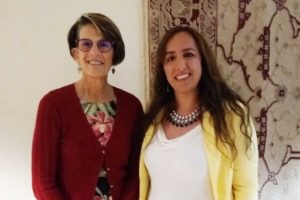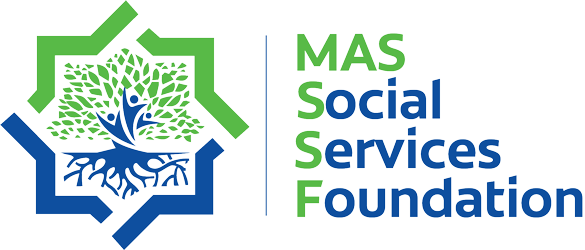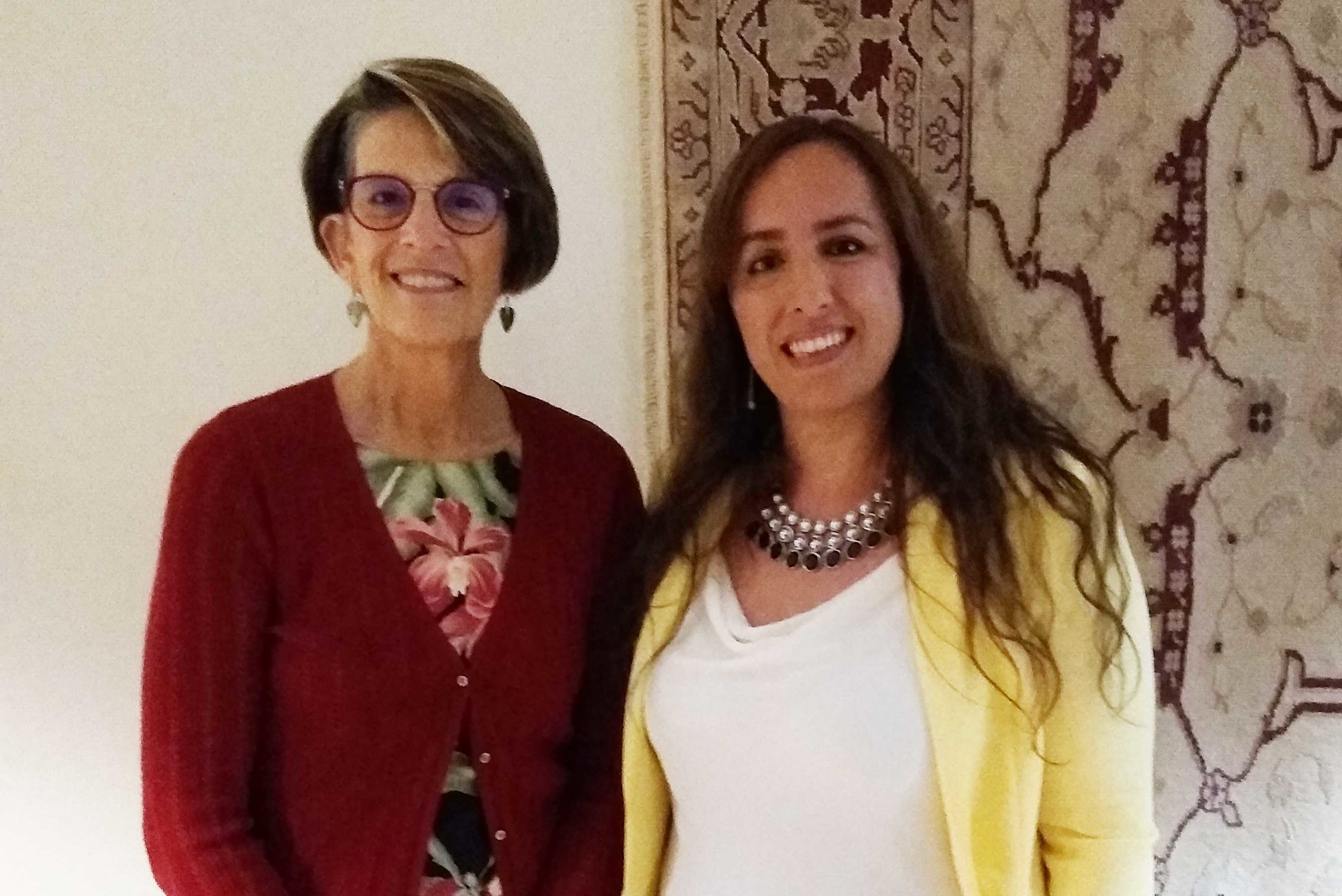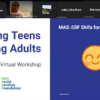
On June 26, 2019, Gulshan Yusufzai, MAS-SSF Executive Director, alongside Dr. Karen Smith, Public Health Office and Director of the Department of Public Health, presented to the Assembly Select Committee on the Nonprofit Sector to illustrate a mutual partnership between the non-profit sector and state government to reduce mental health disparities within underserved communities.
MAS-SSF has been developing Shifa for Today Peer Counseling Program as a community-defined practice since 2007. Some community-defined practices produce results that are accepted by the community, prevent mental illness from becoming severe and disabling, and improve timely access for underserved populations.
ED Gulshan Yusufzai presented on the benefits of the partnership between MAS-SSF and the California Department of Public Health. This includes, but it is not limited to:
- MAS-SSF has 4 staff, expert consultants, a financial system, policies and procedures, and a board of directors. MAS-SSF has also received on-going technical assistance since 2016 in many areas of need.
- An opportunity to build up the infrastructure of MAS-SSF to be able to better serve the community by providing additional resources. Today, MAS-SSF has 40 certified peer counselors ready to serve the community.
- An understanding of how to work with the State gained through this relationship history.
- The Office of Health Equity has been inclusive of the underserved communities, and small-sized organizations like MAS- SSF from the beginning of this funding opportunity and continues today to seek and respect stakeholder input.
- MAS-SSF has also been able to leverage the visibility of the grant and the reputation of having received a grant to be able to apply to other funding opportunities. It gives credibility and experience to MAS-SSF.
Dr. Karen Smith, MD, MPH, presented on how the Department of Public Health, Office of Health Equity has been working with non-profits since 2004 to develop innovative efforts to help reduce disparities in underserved, vulnerable communities through a statewide effort called the California Reducing Disparities Project. This effort focuses on five priority populations. The populations include the African American, Asian, and Pacific Islander, Latino; Lesbian, Gay, Bisexual, Transgender, Queer, and Questioning; and Native American. The funding has been made possible through Proposition 63, the Mental Health Services Act (MHSA), passed in November 2004. The MHSA focuses and provides support on prevention, early intervention, and other mental health service needs across populations in California. In 2017, through a very comprehensive and competitive solicitation process, 35 non-profits were awarded.
Dr. Karen acknowledged MAS-SSF as a grantee that has done an outstanding job in providing culturally and linguistically competent services.






